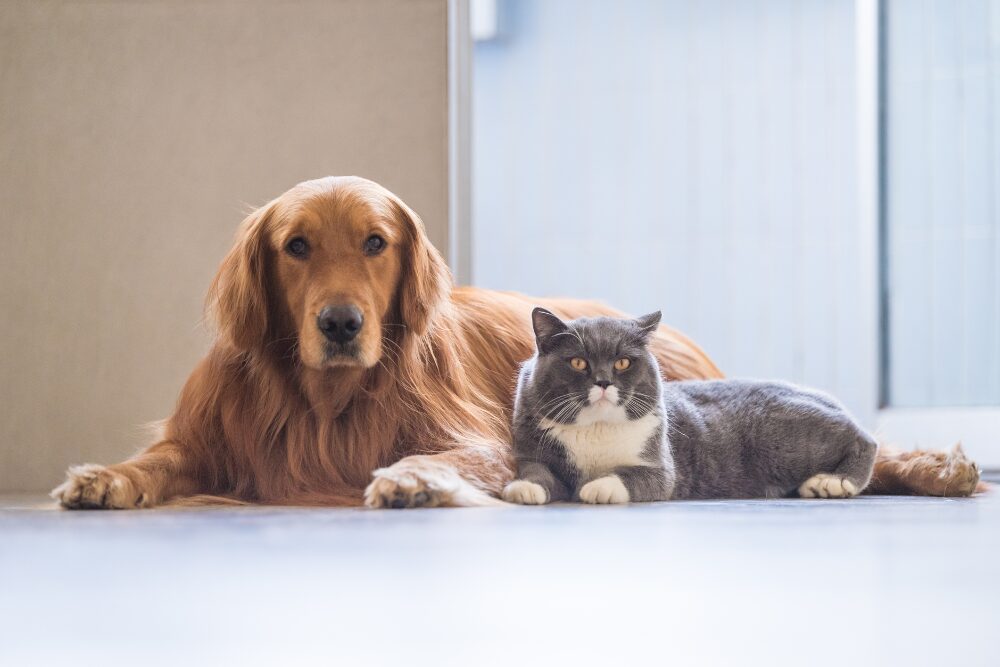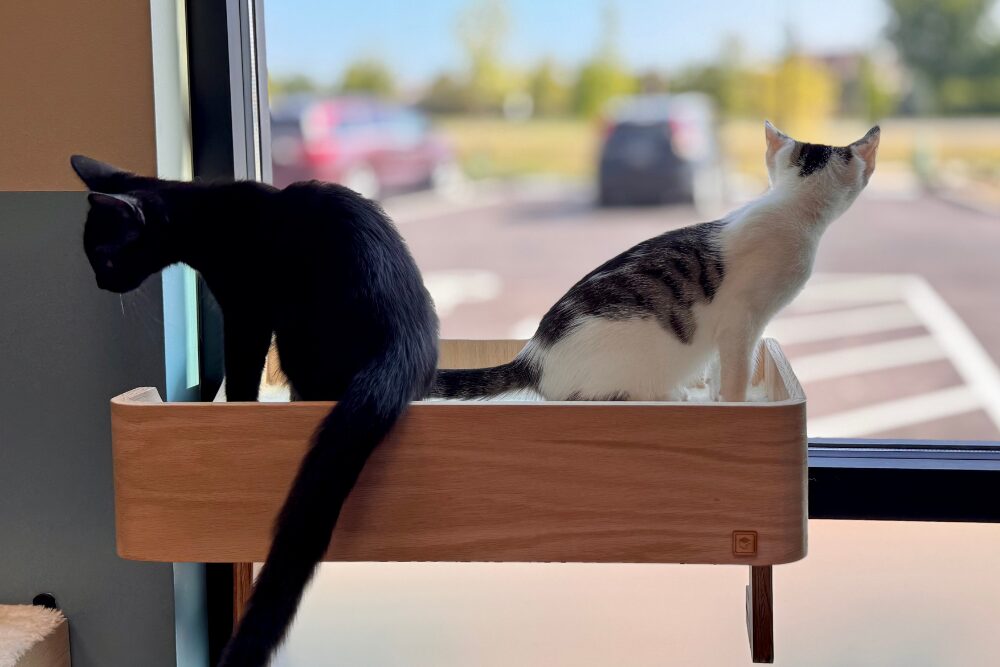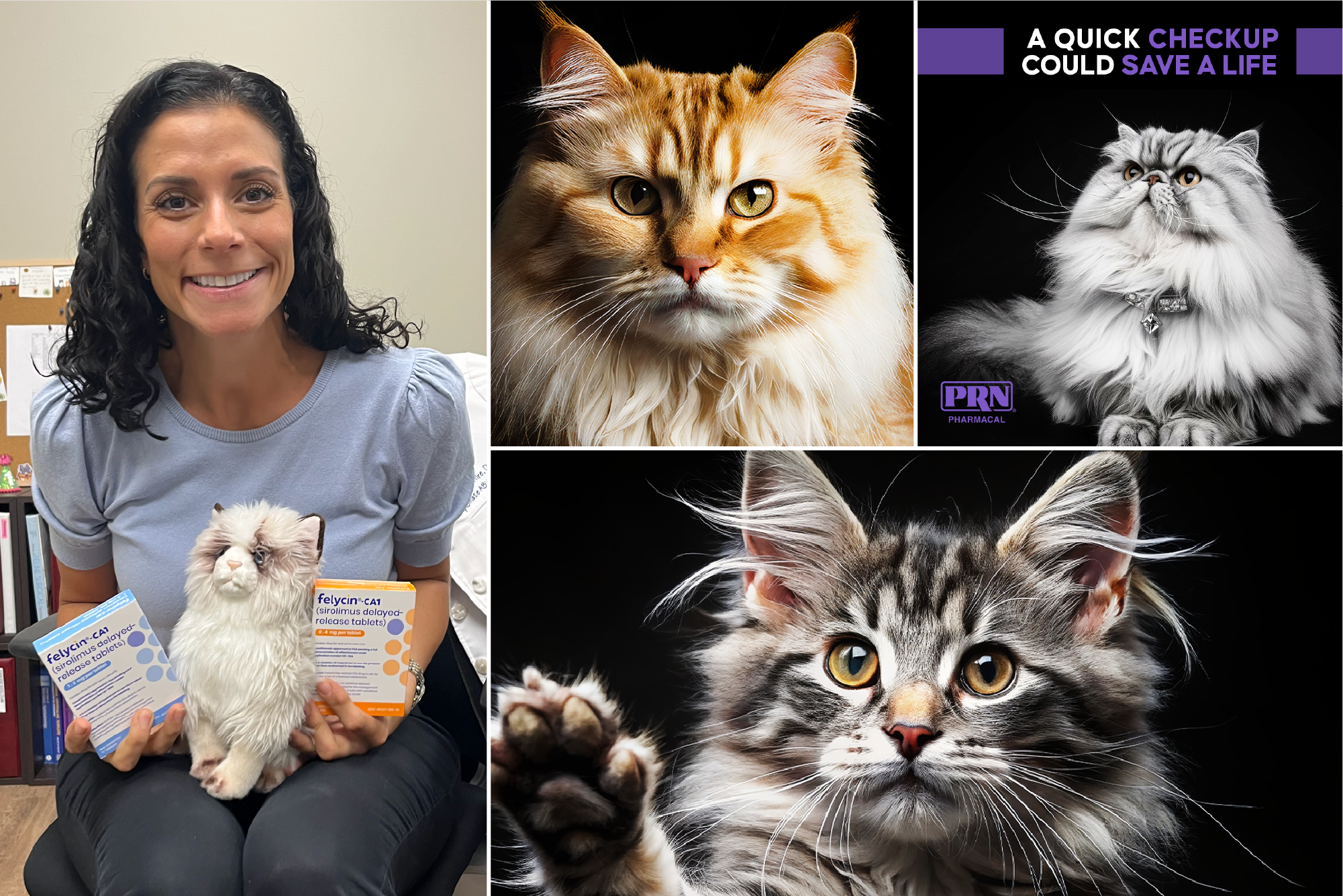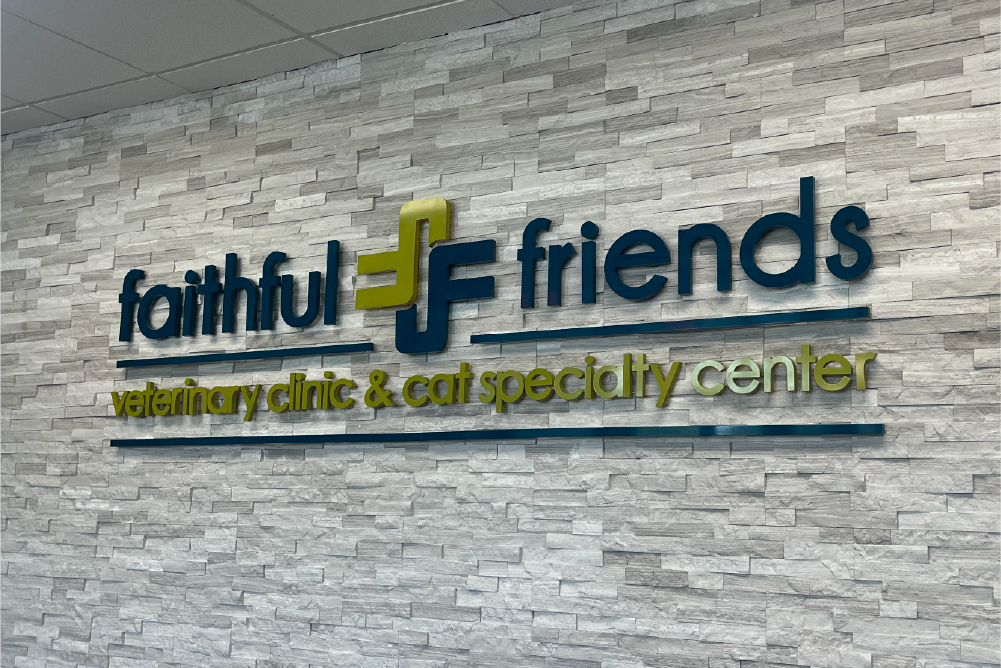Can Your Puppy Make You Sick?

Getting a new puppy is a big decision and an exciting journey for many families. Along with all the fun and cuddles, it’s important to understand how to keep both your puppy and your family safe and healthy. While puppies are usually harmless and endearing, they can occasionally carry diseases that may be transmitted to people. These cases are rare, but being













